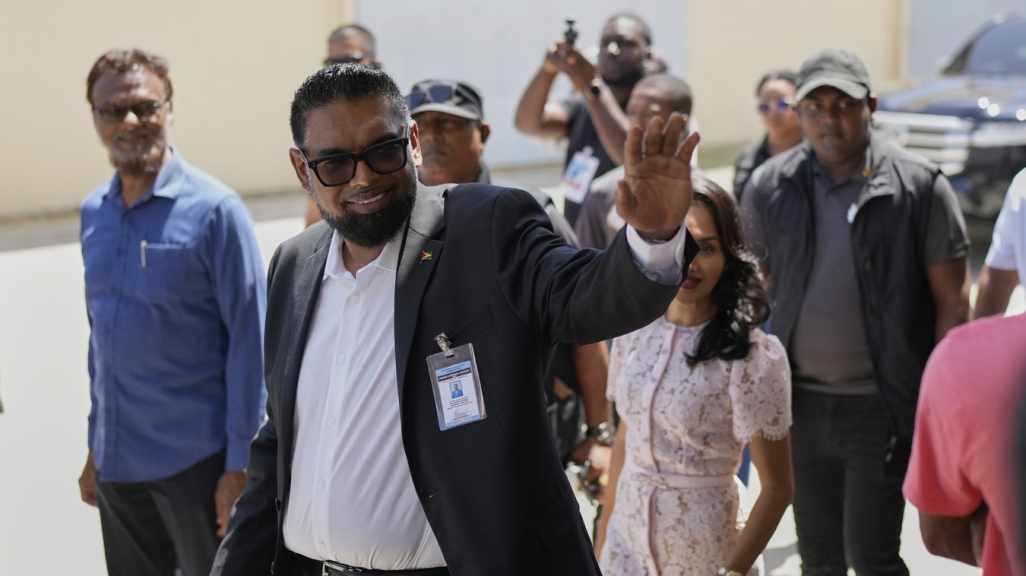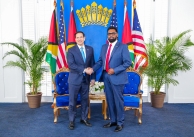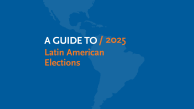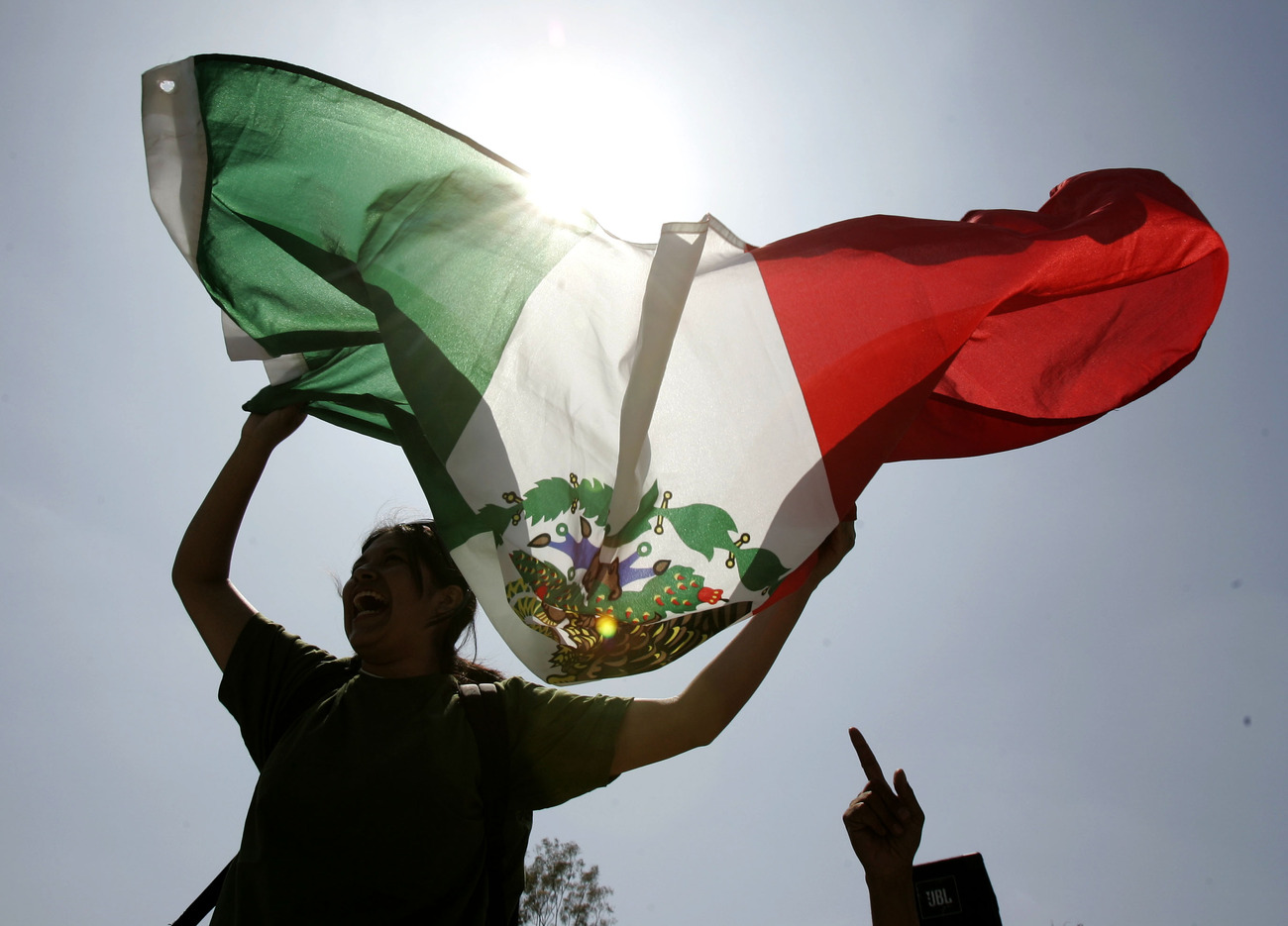Guyana's Irfaan Ali Wins Reelection as Country Navigates Oil Boom
Guyana's Irfaan Ali Wins Reelection as Country Navigates Oil Boom
His party remains in power but faces a newcomer in opposition as his government steers a hydrocarbon windfall.
Guyana’s September 1 vote proved to be a case of both continuity and change. An upstart political movement outran the main opposition party to become the country’s second-biggest political force. Still, the ruling People’s Progressive Party/Civic (PPP/C), led by 45-year-old President Irfaan Ali, warded off the rising momentum of the three-month-old We Invest in Nationhood (WIN) party to retain control of the Caribbean’s emerging energy powerhouse and one of the world’s fastest-growing economies.
Ali’s PPP/C won around 55 percent of the national share of valid votes and was the most-voted party in eight of the country’s 10 administrative regions. In his inauguration address on September 7, Ali outlined a vision of Guyana “where oil fuels ambition; sugar and rice sustain; bauxite, gold, and diamonds anchor prosperity; and fertile lands feed a region.”
Almost 758,000 Guyanese nationals were eligible to cast ballots in elections that determined the country’s president and the composition of its 65-seat National Assembly, as well as members of Guyana’s 10 regional councils. Turnout was around 60 percent, lower than the 70 percent participation seen in recent elections. It is estimated that a sizable portion of the electorate lives abroad but have not been removed from the registered voters list.
National Assembly seats are allocated through a proportional representation system based on votes at both the regional and national levels. The PPP/C will occupy 36 seats, three more than needed for a majority. WIN earned 16 seats while A Partnership for National Unity (APNU), the PPP/C’s traditional opposition, will hold 12. As leader of the party with the most representation in parliament, Ali was declared president for a second, consecutive term. The legislative and presidential terms are both five years.
The election took place at a time of heightened tensions in the southern Caribbean. Guyana’s oil-rich Essequibo region that has powered the country’s fossil fuel boom is the subject of a decades-long territorial dispute with neighboring Venezuela. While the International Court of Justice has adjudicated on the issue since 2018, there have been escalating threats of aggression in recent months, including Guyanese accusations that Venezuela was behind shots fired at security personnel transporting elections materials to the contested region. Ali’s support for the deployment of U.S. military vessels near the Venezuelan coast in August further stoked the ire of Caracas.
The U.S. secretary of state's visit focused on supporting the region’s oil and gas industry and addressing concerns related to Cuba, Haiti, and Venezuela.
AS/COA covers 2025's elections in the Americas, from presidential to municipal votes.










